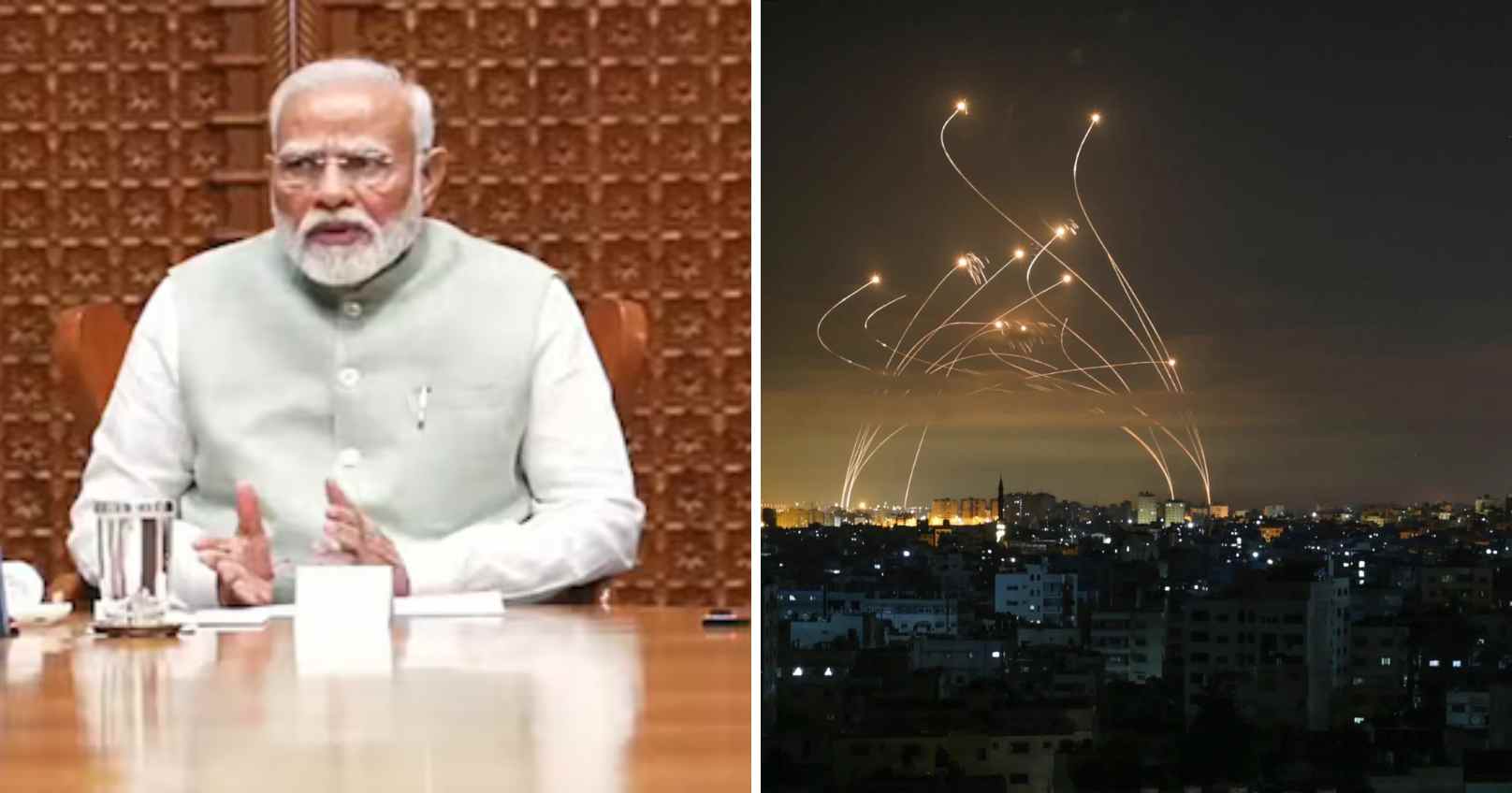Prime Minister Narendra Modi convened an urgent meeting of the Cabinet Committee on Security to address the escalating crisis in West Asia. The committee, which includes key ministers such as the Home Minister, Defence Minister, Foreign Minister, Finance Minister, and the National Security Adviser, discussed the situation in the Middle East, focusing on Iran's recent ballistic missile attack on Israel and the broader regional implications.
During the meeting, PM Modi expressed deep concern over the situation, which has intensified significantly. The committee examined the potential consequences of the conflict, particularly its impact on global trade, navigation routes, and the supply of crucial commodities like oil and petroleum products.
India, which relies heavily on maritime trade routes through the Red Sea and the Gulf of Aden, is preparing for potential disruptions. The Red Sea has seen increased instability due to Iran-backed Houthi militia attacks, affecting the region's shipping routes. India’s petroleum exports, for example, saw a significant decline, dropping by 37.56% in August this year due to disruptions in these waters.
The committee also explored the broader economic risks associated with the conflict, as India's trade with the Gulf Cooperation Council (GCC) countries is critical. The GCC contributes 15% of India’s total trade, with sectors like energy, defense, and security being key areas of cooperation. Last year, trade between India and the GCC amounted to $162 billion.
In its response, India called for diplomatic solutions to the crisis, urging all parties involved to seek dialogue and avoid further escalation. The government stressed that the conflict must not extend into a wider regional issue, underscoring the importance of stability for global trade and regional security.







